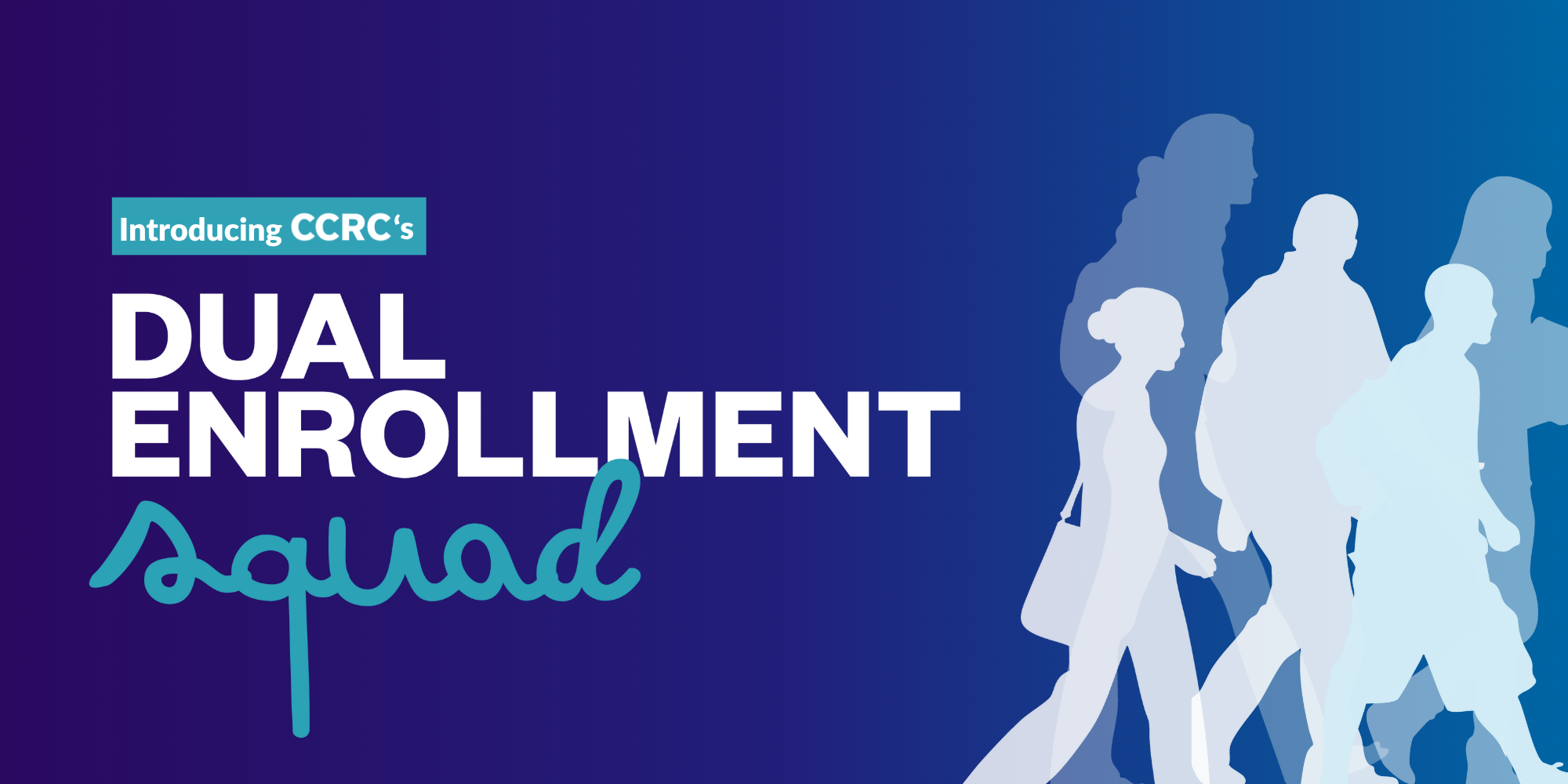Over several years, CCRC’s dual enrollment research team has worked with community college and K-12 partnerships across the nation to study how they are redesigning their dual enrollment programs to create purposeful pathways to high-opportunity, family-sustaining careers for students who might not otherwise pursue education after high school. We call this emerging approach DEEP—dual enrollment equity pathways. Now our team is investigating how DEEP-aligned practices are being implemented, scaled, and funded, and we want to make sure our findings and practitioner guidance make sense for students.
To help ground our work in students’ perspectives, we’ve launched the DEEP Student Advisory Panel, a group of 11 current and former dual enrollment students from nine states. These students, aged 14 to 24, have a wide range of dual enrollment experiences, from taking one or two courses to earning an associate degree in high school. They’ve taken courses online and in-person and through various program models, from one-off courses to Early College High Schools and P-TECHs. Many are from populations historically underrepresented in dual enrollment programs, including first-generation college students, students from low-income backgrounds, and students with disabilities. Throughout the next year, they will support our team by providing feedback on our research, co-presenting with us at national conferences, and championing the student experience by writing blogs or producing content for our new Dual Enrollment Squad LinkedIn and Instagram pages.
Here is some background on each student and what they hope to accomplish on the advisory panel.
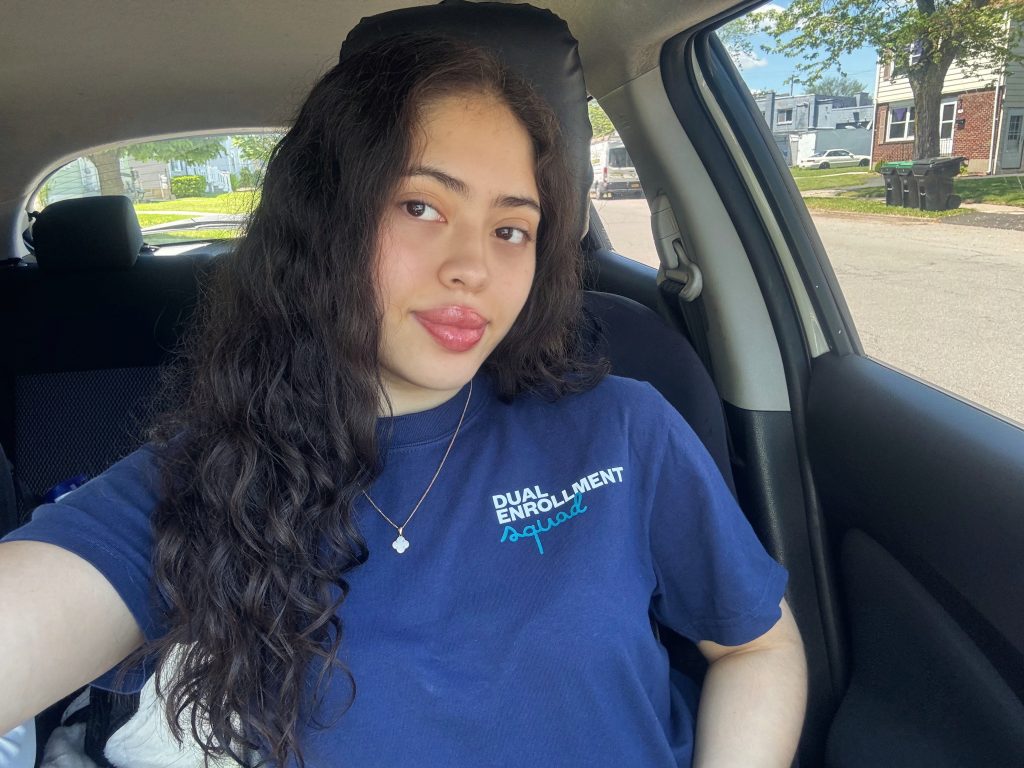
Ari, 18 years old, New York (upstate)
Background: Hispanic; first-generation; from a lower income community or family
Dual enrollment experience: Former dual enrollment student; took courses at her high school.
What motivated me to join the DEEP Student Advisory Panel is my personal experience navigating and advocating for dual enrollment opportunities at my high school. While I was a senior, I was enrolled in four dual enrollment classes—I understand both the benefits and the challenges these programs can bring. Last year, I helped lead an initiative that resulted in the addition of eight new dual enrollment courses at my school. My experience in dual enrollment has not only challenged me academically but also sparked a passion for educational equity.
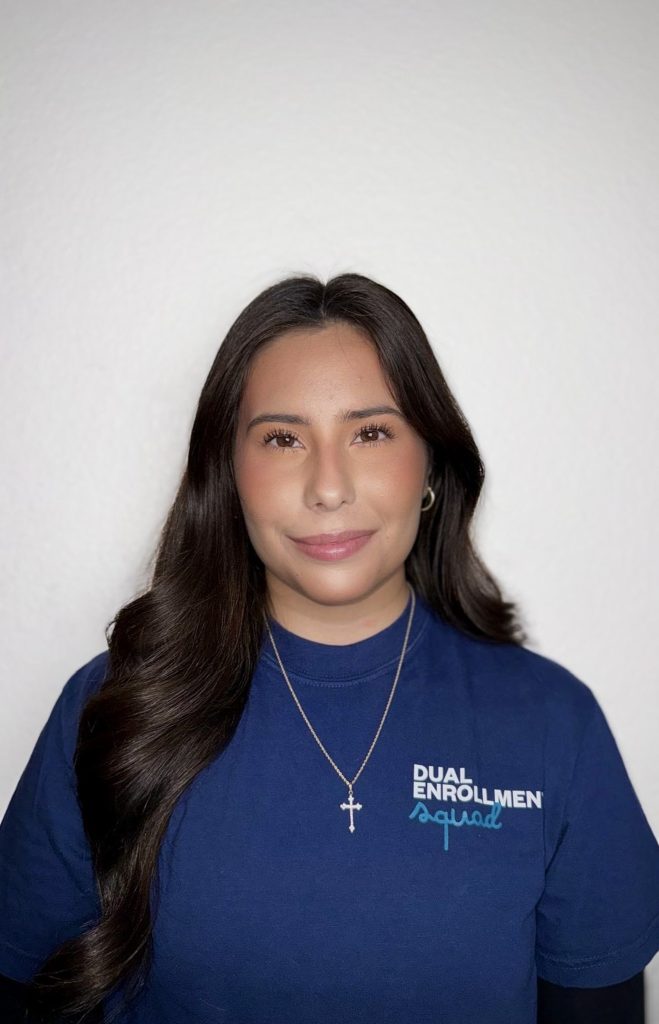
Crystal, 18 years old, California
Background: Hispanic; English language learner; from a lower income community or family
Dual enrollment experience: Former dual enrollment student; took career-technical courses through an early college high school program. The courses were online and in-person at her high school and at the college.
I loved dual enrollment because it allowed me to get a head start on college, but there were so many things I did not know, which made the process very difficult. I had to find outside support, visit multiple counselors, and find resources through friends and older siblings, and I made many mistakes in the process. Coming from a background of immigrant parents made managing high school and college very difficult as their knowledge in that area was very limited. My primary goal is to improve the accessibility of this knowledge in a feasible and meaningful way for those who need it.
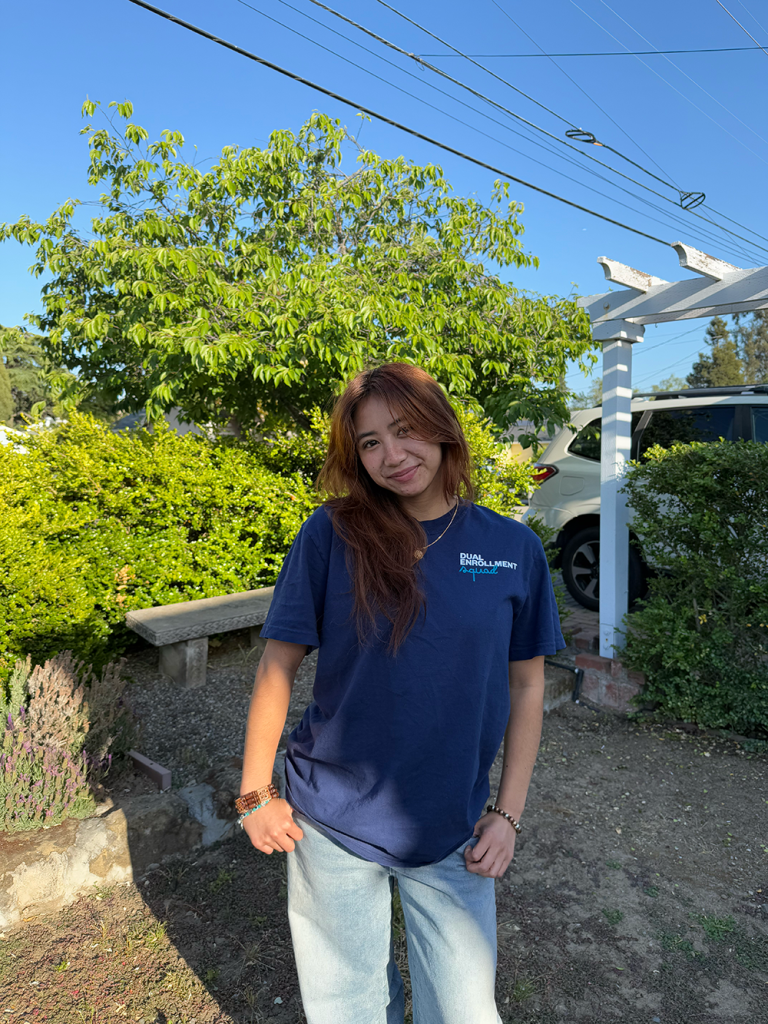
Erika, 18 years old, California
Dual enrollment experience: Former dual enrollment student; took courses at her high school and online.
I have realized the vital role dual enrollment plays in not only preparing students for college but also for challenged families to create a stronger, more fulfilling life for themselves. The DEEP Student Advisory Panel’s purpose opened my eyes to the underrepresentation within dual enrollment programs, stripping entire communities of the opportunities programs such as these present. I hope to create more inclusive, accessible educational pathways for everyone who wishes to aim for the stars.
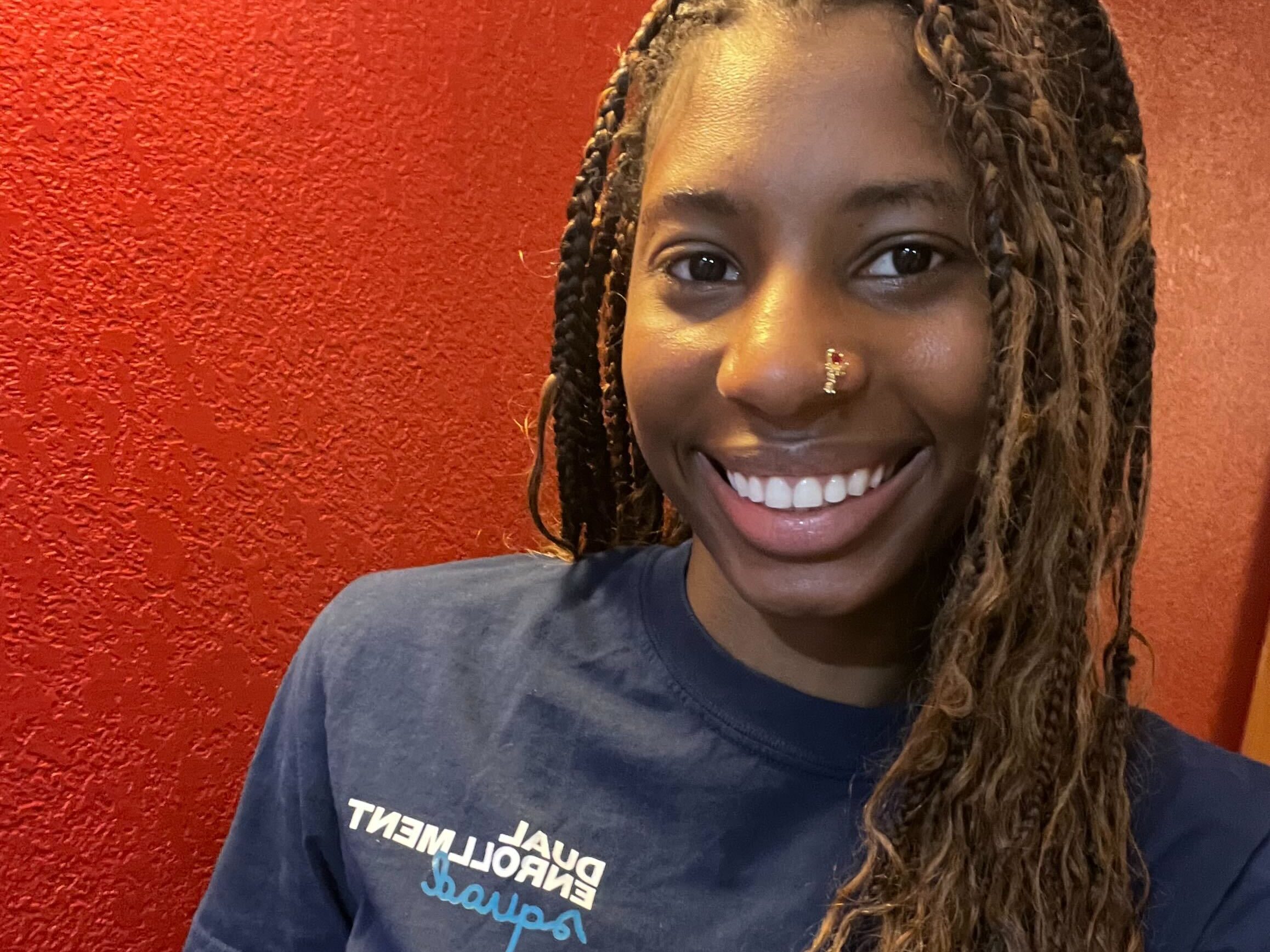
Jayla, 19 years old, Georgia/Colorado
Background: Black/African American
Dual enrollment experience: Former dual enrollment student; took courses at her high school and at the college.
Dual enrollment taught me how to advocate for taking courses full of rigor and classes that just interest me. Dual enrollment also taught me to advocate for myself and to be adaptable. I understand that this does not reflect everyone’s journey through dual enrollment or the education system. As someone passionate about education and equity, I believe it is important that we make dual enrollment easier to navigate and a more accessible part of education.
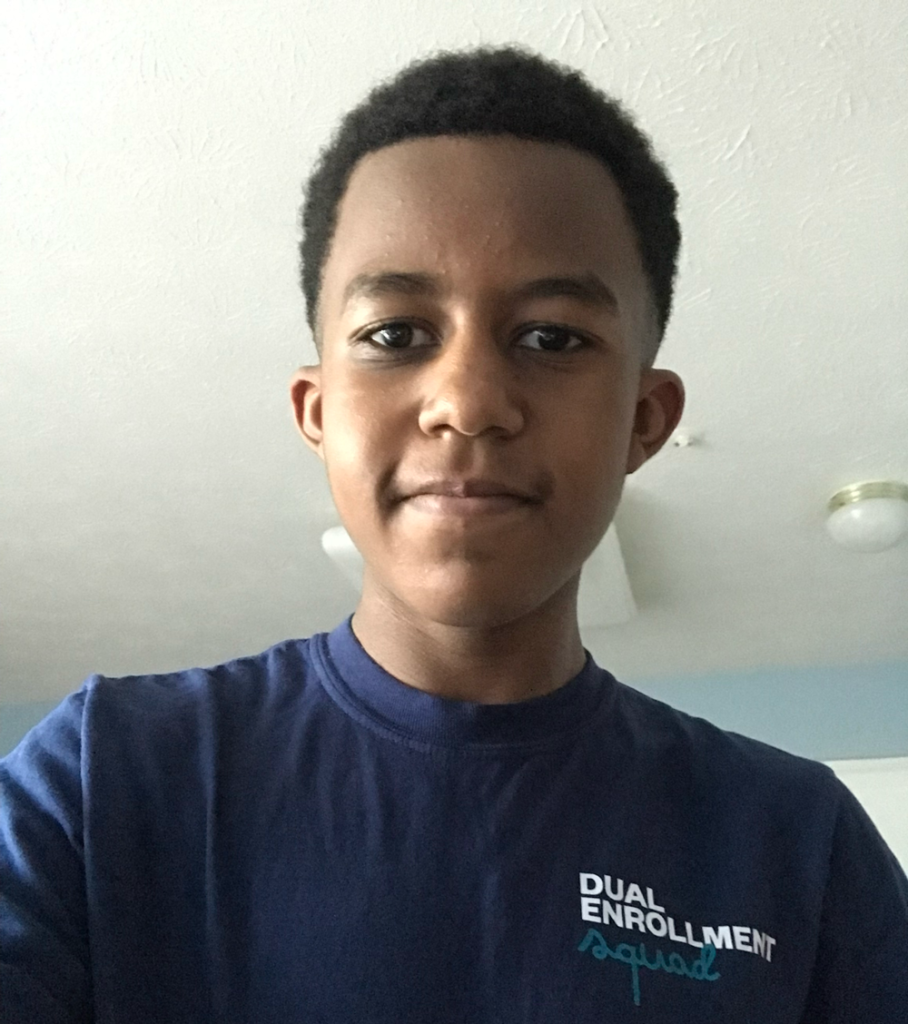
Jerry, 15 years old, Maryland
Background: Black/African American, Arab
Dual enrollment experience: Current dual enrollment student; taking courses online.
I joined the DEEP Student Advisory Panel to increase the popularity of dual enrollment and help people know of the benefits.
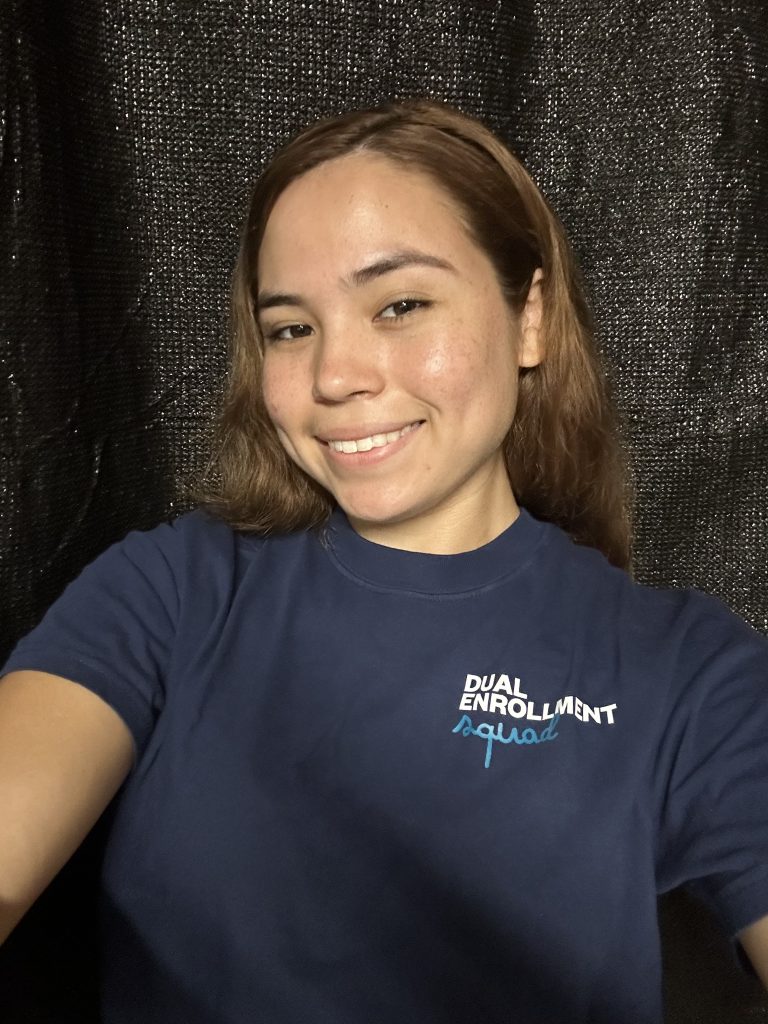
Kiane, 16 years old, Hawaii
Background: Black/African American, Middle Eastern
Dual enrollment experience: Current dual enrollment student, taking courses at her high school.
I want to share the importance of the dual enrollment program and how it can be a life-changing opportunity for students. It allows high school students to earn college credits, reduce future costs, and provide early exposure to college life. To improve its impact, we should work on expanding access for underrepresented students, increasing awareness, and providing better support systems. As a trilingual Latina and Middle Eastern woman, I’ve seen firsthand how education can transform lives.
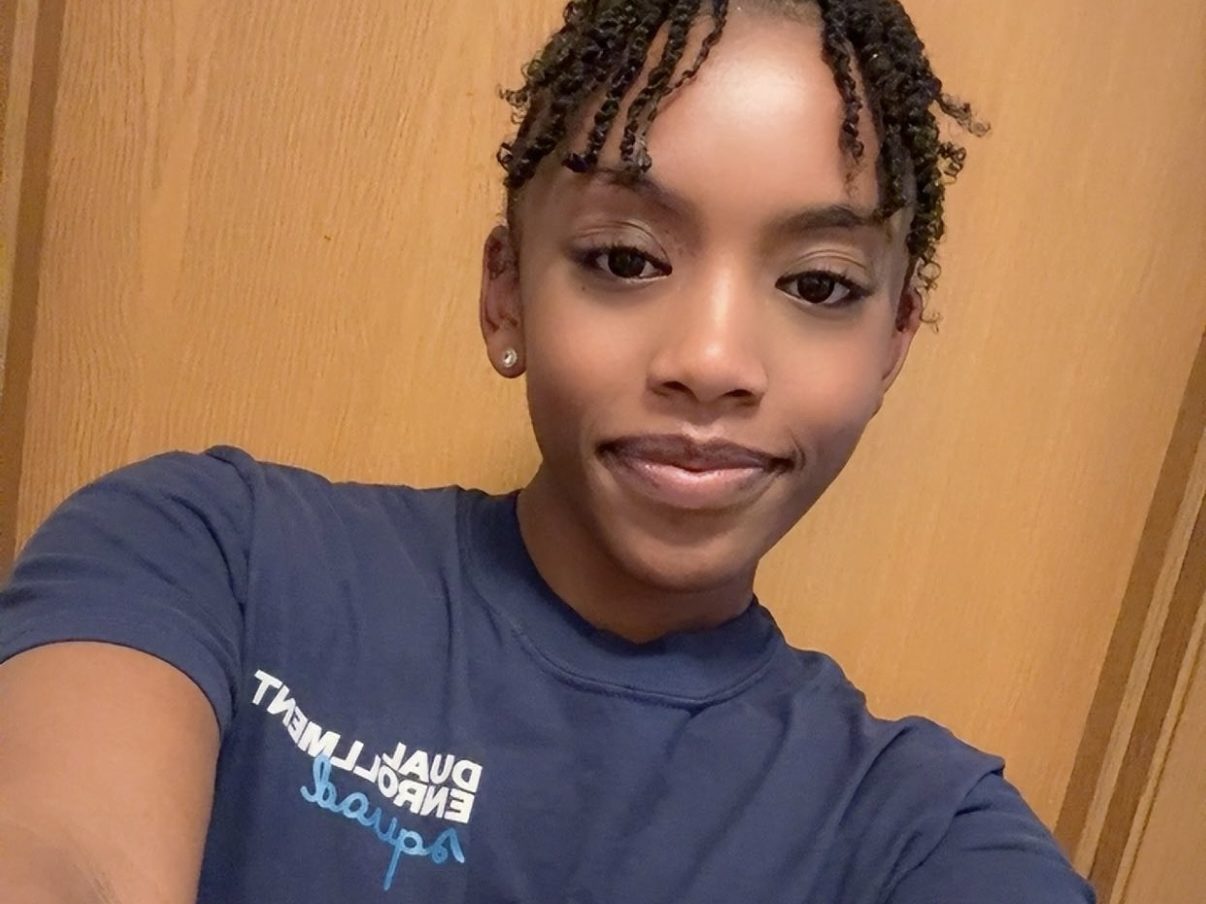
Meske, 18 years old, Washington State
Background: Black/African American
Dual enrollment experience: Former dual enrollment student; taking courses at the college.
I joined the DEEP Student Advisory Panel for three reasons. First, I wanted to listen to other students’ stories and learn how dual enrollment shaped their journeys. Second, I hope to share my experience—moving from Ethiopia to Washington and discovering opportunities that once felt out of reach. Finally, I want to give future dual enrollment students an honest picture of both the benefits and challenges while assuring them that plenty of support is available.
Micah, 16 years old, Oregon
Background: Hispanic; visually impaired; from a lower income community or family
Dual enrollment experience: Current dual enrollment student, taking courses at his high school.
The DEEP Student Advisory Panel felt like the right space for me to speak up and actually do something about the things I’d been noticing for a while. I already knew there were gaps that needed attention, especially when it comes to inclusion and support for students with disabilities. I’ve seen firsthand how small changes, like clearer communication or more inclusive planning, can make a big difference. But I’ve also seen where the system falls short, watching how students who need support the most can end up having to fight just to be included. I wanted to be part of the push to change that.
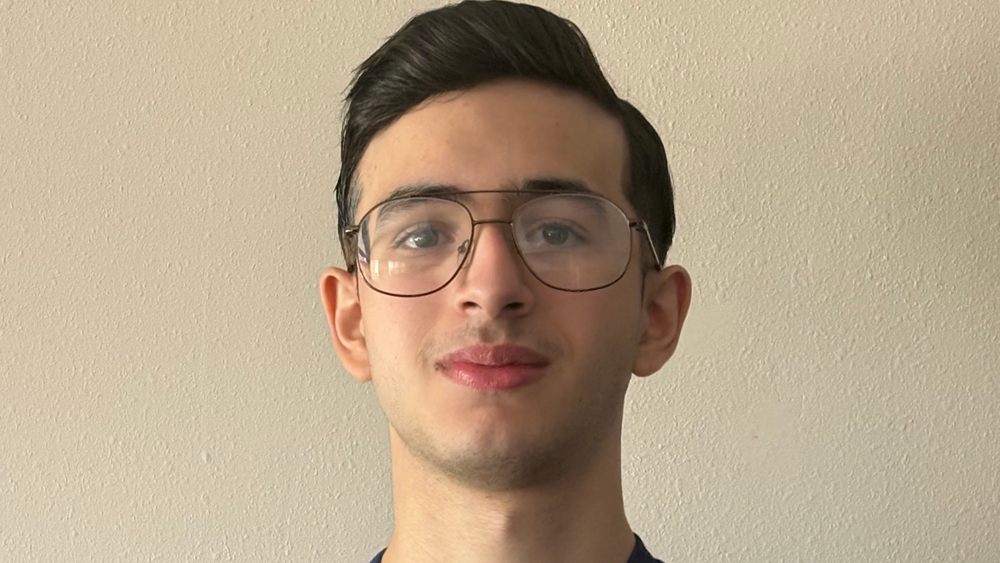
Sebastian, 19 years old, Texas
Background: Hispanic; from a lower income community or family
Dual enrollment experience: Former dual enrollment student; took courses at his high school and online.
I wanted to share my experiences with dual credit and inform others about potential drawbacks that it may have. By joining the DEEP Student Advisory Panel, I hope to advocate for more transparent information for future students and to help ensure that their long-term decisions are based on a full understanding of what the dual credit program offers.
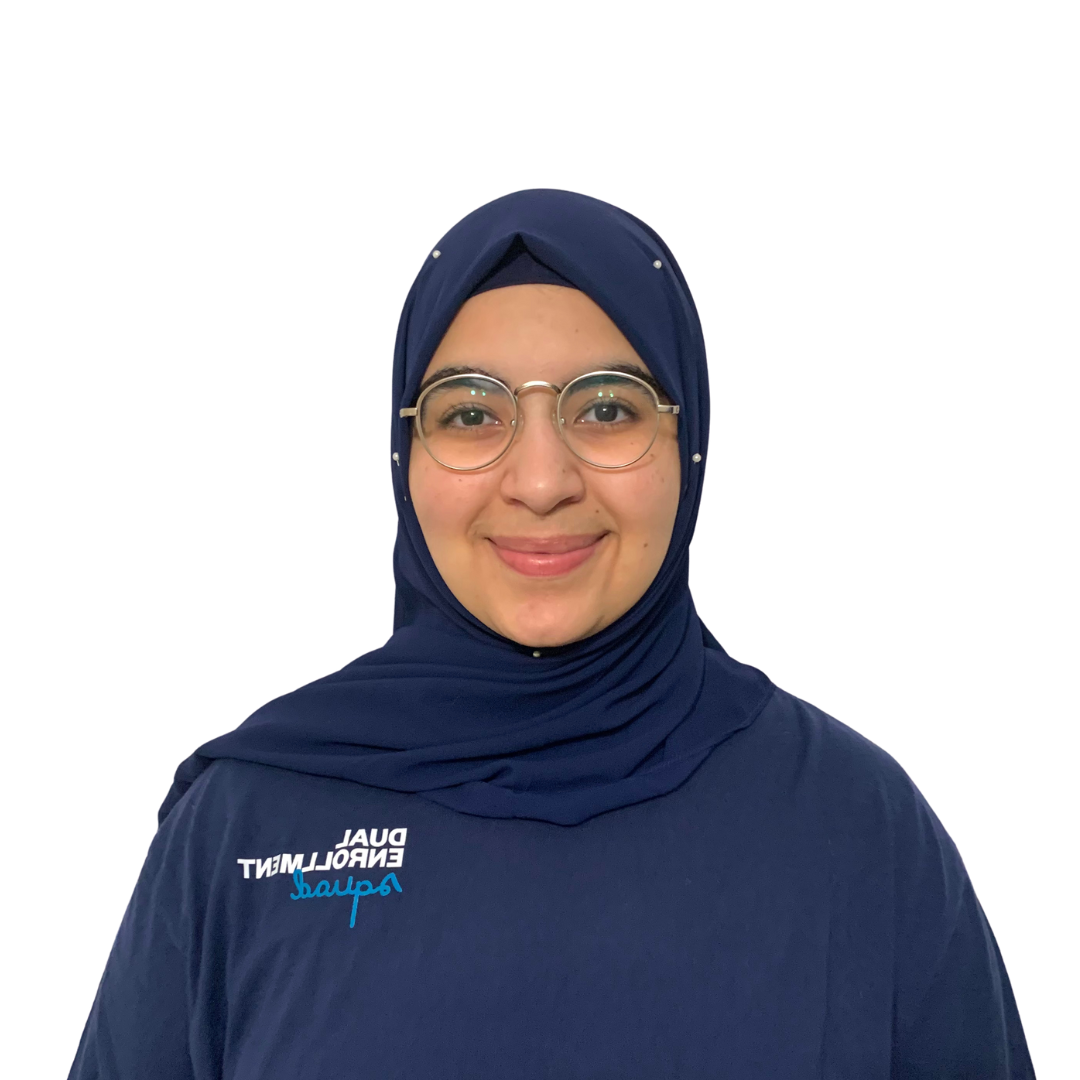
Shorooq, 24 years old, New York (NYC)
Background: North African
Dual enrollment experience: Former dual enrollment student; took courses at her high school and at the college.
I was motivated to join the DEEP Student Advisory Panel because I’m passionate about making education more equitable and accessible, especially for students from underrepresented and underserved backgrounds. As someone who participated in dual enrollment while attending a private Islamic high school in Park Slope, Brooklyn, I witnessed both the benefits and the barriers of these programs firsthand. Dual enrollment opened doors for me and my classmates, but it also revealed gaps in support and accessibility, particularly for students attending schools with limited resources. I want to use my experiences and my voice to help shape policies and programs that allow every student to thrive in dual enrollment, regardless of their background or school setting.
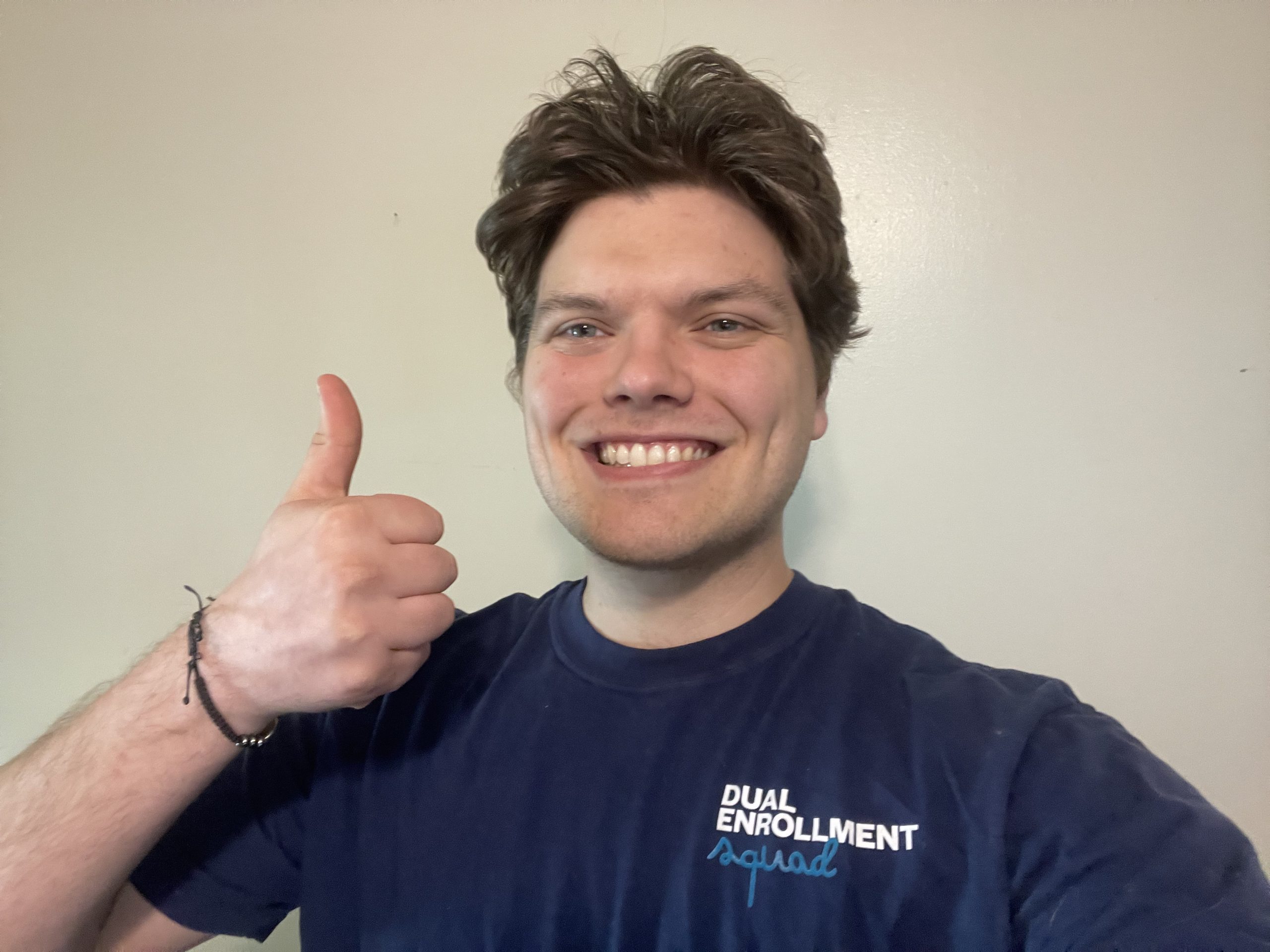
Zeke, 24 years old, Minnesota
Background: White; from a lower income community or family
Dual enrollment experience: Former dual enrollment student; took courses at the college campus and online; executive director of People for PSEO.
I applied to the DEEP Student Advisory Panel because of my firsthand experience navigating dual enrollment systems in Minnesota. During this time, I gained insight into the power dynamics between high schools and colleges. The perspectives of young people are essential to improving our education system, so I applaud the DEEP team for providing us the opportunity to channel our experiences into actionable recommendations.



